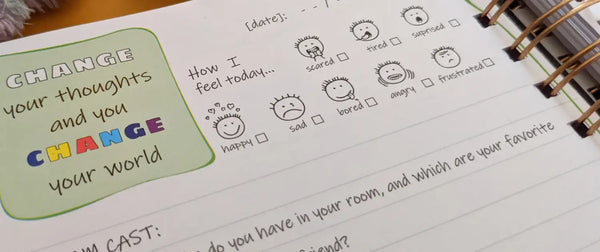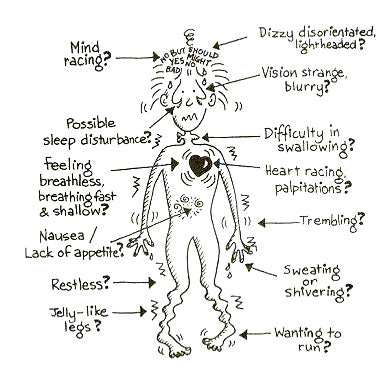Our family travels often, and we have moved to new homes, countries and continents with our kids. Naturally, these big changes in their lives have triggered anxiety on more than one occasion - so we've been there, in the thick of it, helping our kids manage their anxiety while trying to manage our own stressors.
We found that our kids are little "want to know it all's", they cope better with anxiety and our traveling schedule when they are kept in the loop as to what the plans are, down to the hour updates are sometimes required.
This includes where we will be staying, how we are going to get there and most importantly, when we will be eating, what we will do there. Maslow's Hierarchy of needs filled, now let's go traveling.

Anxiety is a feeling of worry or fear that is experienced as a combination of physical sensations, thoughts and feelings. All children and young people feel worried sometimes, and this is a normal part of growing up. It may be triggered by situations such as their first day of school or before an exam, a school play, a big sports game, moving home, or moving to a different school or country.
READ MORE HERE >>>
Anxiety becomes problematic when a young person feels the situation is an overwhelming, distressing or unmanageable experience. If this kind of worrying goes on for a long time, it can leave a young person feeling exhausted and isolated, and limit the things they feel able to do.
Your child will experience some form of anxiety while growing up, it is a normal part of growing up and there are valuable lessons to be learned from facing constructive adversity. It helps children be able to become more resilient to change and more independent, confident and most importantly understanding their feeling as emotion and being able to control them, instead of it controlling them. Parents play an essential role in helping their child manage anxiety.

READ MORE HERE >>>
When coping skills and brave behavior is rewarded and practiced in the home, children can learn to face their fears, take reasonable risks, and ultimately gain confidence.
Here are some of the techniques we’ve used to help our children through these anxious times – including providing emotional support, working on practical strategies together and finding the right professional help if they need it.









